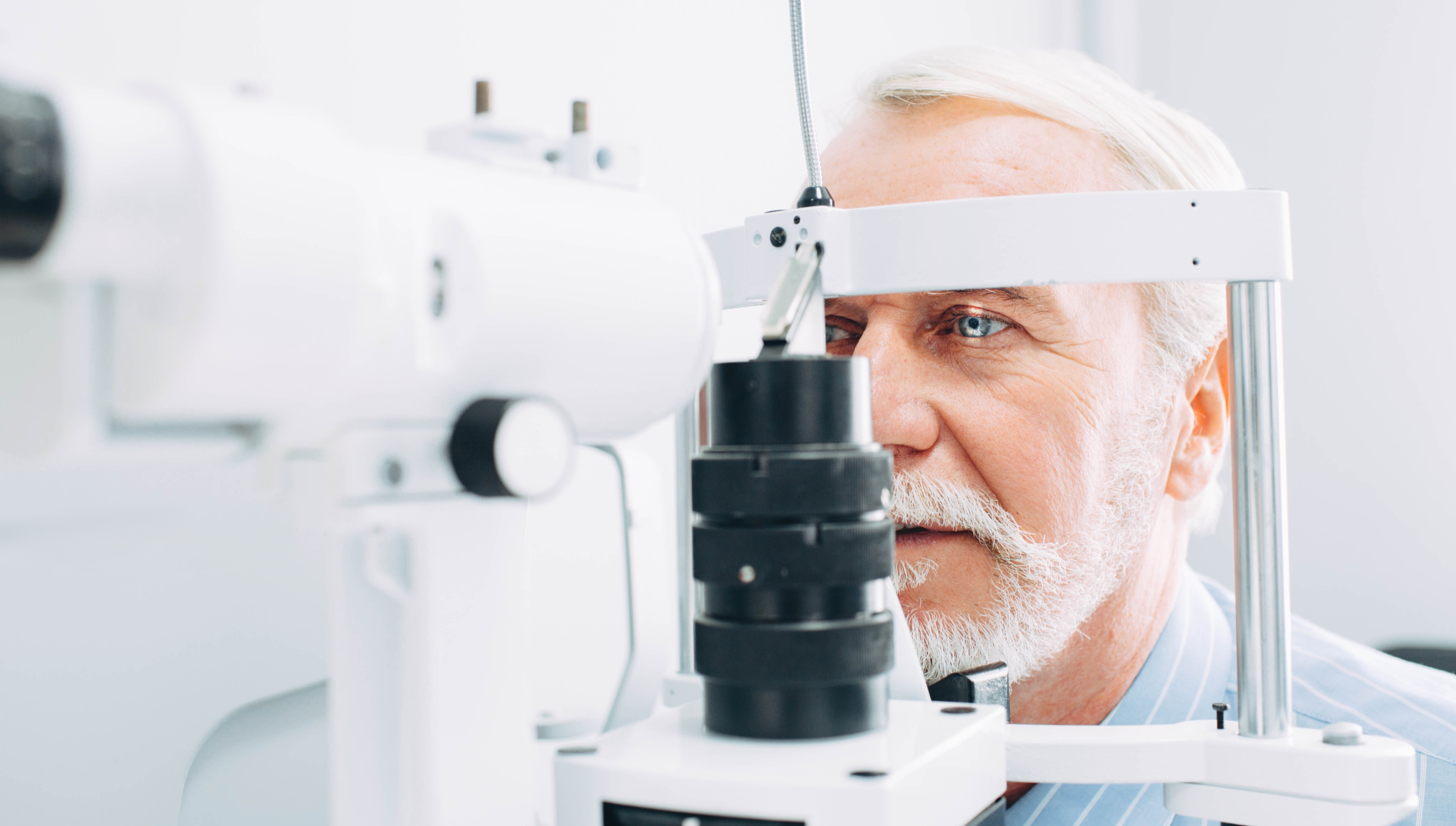
Difference between an optometrists vs ophthalmologists
Although both optometrists and ophthalmologists work with eyes, they play very different roles.
- Ophthalmologists as medical specialists providing diagnostic treatment and management of eye conditions and disorders.
- Optometrists as primary eye care service providers in their communities.
Following on, we define the difference in more detail so that you’ll be well-equipped to identify who to see for your eye health needs.
What is an optometrist?
An optometrist is often your first port of call for any problems with your eyes or vision. Being a primary health care provider, they play a key role in providing accessible eye care to their communities.
Qualifications
Optometrists are registered health professionals who have completed a university degree in optometry and are registered by the Optometry Board of Australia. Many optometrists also complete additional training to be able to prescribe medicated eye drops for minor eye conditions.
Expertise
- Comprehensive eye examination & assessment to detect defects in vision and abnormalities with general health (e.g. diabetes and high blood pressure).
- Diagnosis and management of ocular diseases, disorders and injuries.
- Eye health and visual performance.
- Prescription of glasses, lenses and contact lenses and other devices for vision correction.
Referrals and Allied Health partnerships
Optometrists often forge close relationships with a network of health professionals including ophthalmologists, and will work closely with them to provide the best possible clinical care to their patients. They will refer any complicated or serious eye health conditions requiring further treatment to an ophthalmologist, and consult with them when diagnosing eye diseases such as glaucoma.
What is an ophthalmologist?
An ophthalmologist is a medical specialist, also known as an eye doctor or eye surgeon. Their primary role is to diagnose and manage eye conditions and disorders of the visual system.
Most people come across an ophthalmologist by way of referral for an eye disease or visual disorder.
Qualifications
Ophthalmologists must complete specialist postgraduate training of at least 5 years in eye health and vision after becoming a doctor.
Expertise
- “Provide diagnostic treatment and preventative medical services related to diseases, injuries and deficiencies of the human eye and associated structures” (ABS Australian Standard Classification of Occupations 2nd edition).
- Comprehensive eye examinations and prescription of corrective lenses.
- Carry out the medical and surgical procedures (including laser correction) necessary for treatment of eye diseases and disorders.
- Provide both primary care as well as highly specialised treatment.
Are you due for your regular eye examination?
Having your eyes tested every 2 years by your local independent optometrist is the best way to safeguard your vision and stay on top of your eye health – ensuring any changes in your vision can be detected early.
Book yours today.
Find your nearest optometrist now

